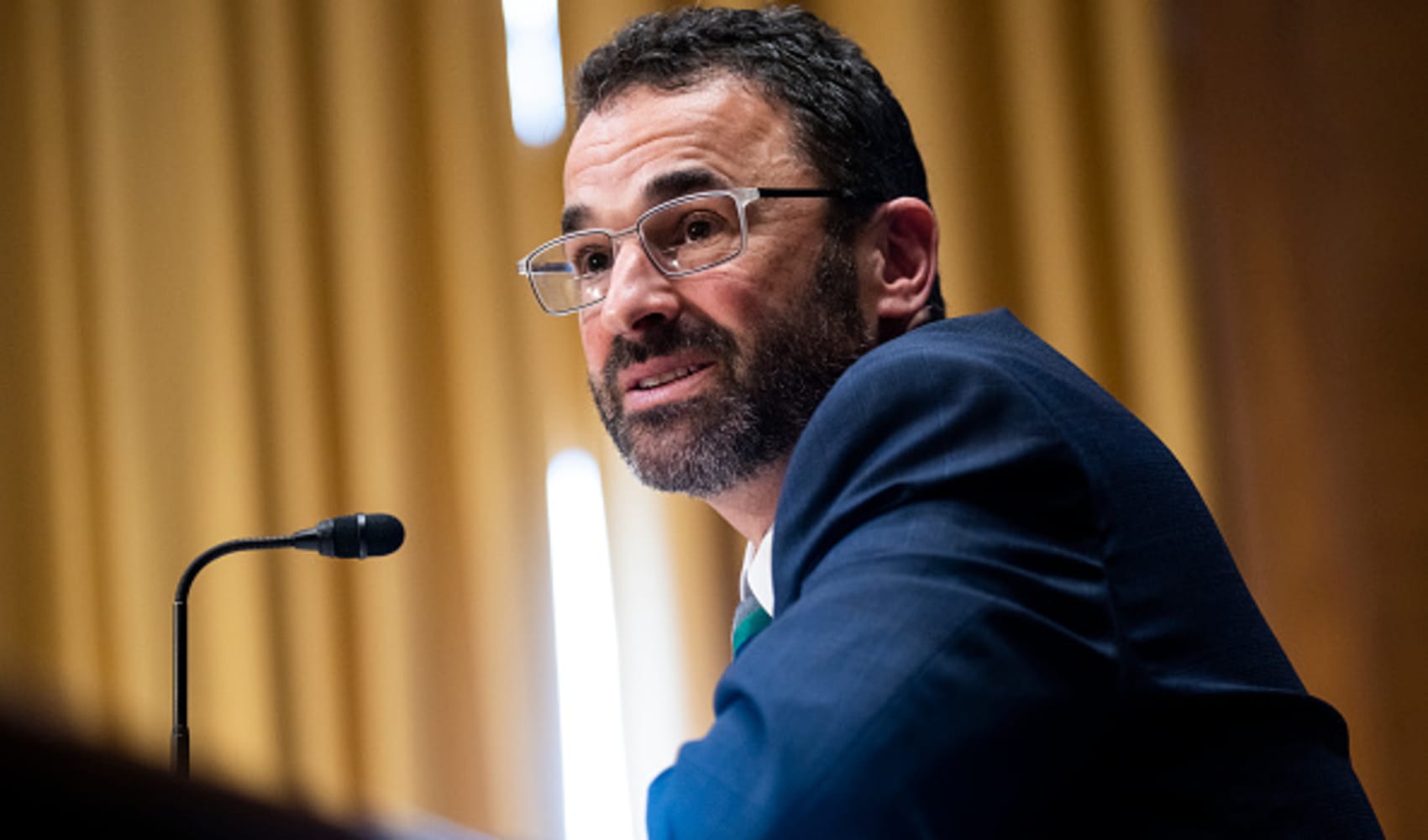
- The United States Indo-Pacific Command has accused a Chinese fighter jet of engaging in an "unnecessarily aggressive maneuver" while intercepting a U.S. military reconnaissance aircraft in international airspace over the South China Sea.
- China's Defense Ministry did not immediately respond to CNBC's request for comment.
The United States has accused a Chinese fighter jet of engaging in an "unnecessarily aggressive maneuver" while intercepting a U.S. military reconnaissance aircraft in international airspace over the South China Sea.
It is the latest in a series of flashpoints in the highly contested territory that China claims as its own.
The Chinese J-16 fighter jet cut in front of the nose of the U.S. Air Force RC-135 aircraft, "forcing the U.S. aircraft to fly through its wake turbulence," said the U.S. Indo-Pacific Command in a statement.
Feeling out of the loop? We'll catch you up on the Chicago news you need to know. Sign up for the weekly Chicago Catch-Up newsletter here.
The U.S. aircraft was conducting "safe and routine operations over the South China Sea in international airspace, in accordance with international law," according to the statement.
China's Defense Ministry did not immediately respond to CNBC's request for comment.
The incident took place on Saturday and a video recording was posted on the Twitter account of the U.S. Indo-Pacific Command.
Money Report
The South China Sea has been a major flashpoint in the Asia-Pacific in at least the last decade as China grew more assertive with its burgeoning economic clout bolstering its global influence.
As part of its projection of power, China claims maritime jurisdiction over the strategic waterway that is rich with resources such as oil and gas.
Brunei, Indonesia, Malaysia, the Philippines, Taiwan and Vietnam also have competing claims to parts of the waterway, a vital trade route.
Relations between China and the U.S. were further strained in August after then-U.S. Speaker Nancy Pelosi visited Taiwan – the self-governing island that China also claims as its own. She was the highest ranking U.S. official to visit despite China's warning to the U.S. to abide by the "One China" principle.






